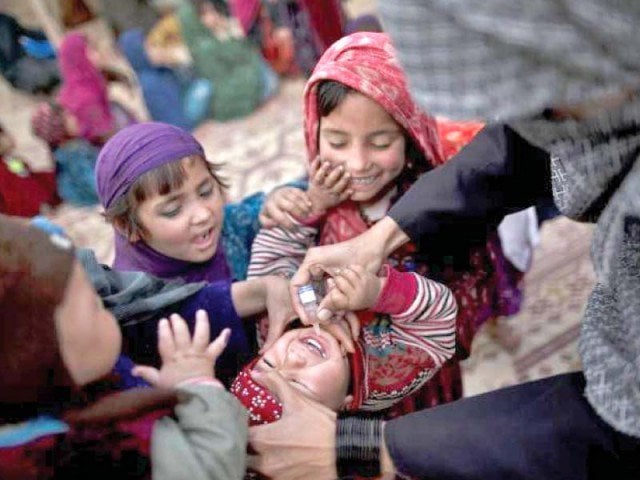
According to Health Minister Saira Afzal Tarar, delegates from at least 22 countries held meetings with her during the WHO event being held here, and sought collaboration in various areas.
The delegation of Afghanistan praised the polio elimination programme of Pakistan and asked for preparing a formal MoU on eradicating the transmission of the virus from both sides of the border.
Polio eradication: Pakistan and Afghanistan agree on joint efforts
The minister said successfully hosting the WHO meeting would help develop a positive image of the country. The visiting delegates sought to share Pakistan’s expertise for the improvement of health services in their countries, she said.
The delegation from Yemen, led by the minister concerned, discussed collaboration in doctors’ training and sought admission of Yemeni students to medical colleges in Pakistan. Tarar said the government would look into the possibilities in this regard.
The delegation from Sudan discussed the procedures of controlling drug prices and import of medicines from Pakistan. The minister said Pakistan had introduced the barcode system to curb overcharging. “Though Pakistan has a small pharmaceutical export industry, it is being facilitated through legislation for exporting quality medicines.”
Coordinated Pak-Afghan efforts for polio eradication bear fruit
On the first day of the working session of the 64 meeting of the WHO Regional Committee of Eastern Mediterranean, the regional director’s annual report for 2016, health emergencies and polio eradication were at the core of the discussions.
Presenting the annual report, WHO Regional Director Dr Mahmoud Fikri focused on milestones achieved in response to the strategic priorities and outlined the world organisation’s support to health systems strengthening to achieve universal health coverage.
He mentioned a new WHO programme, which was expected to bolster its ability to respond to health emergencies and disease outbreaks. He also elaborated a regional roadmap comprising strategic actions to guide WHO’s work with member states for 2017‒21.
“Our aim is to ensure that WHO continues to deliver and provide support to countries as one strong WHO and I look forward to working with you all to realise this vision,” Dr Fikri said.
He said that through his five-year roadmap, he aimed to increase WHO’s capacity to meet the needs of member states on the basis of public health priorities, enabling factors and the organisation’s presence and working environment.
An update on polio eradication in Pakistan and Afghanistan highlighted the success of supplementary immunisation activities this year in restricting transmission. Ensuring an end to polio transmission in Pakistan and Afghanistan in the coming low season and in Syria remained a challenge, the participants were informed.
Crippling disease: Anti-polio drive to start simultaneously in Pakistan, Afghanistan
With the region experiencing an unprecedented increase in the magnitude and scale of crises, humanitarian emergencies were also prominent on the agenda. The region faced more than half of the global emergencies with substantial public health consequences.
Refugees in the region totalled 15.7 million and 18 million people were internally displaced. Population movement was overwhelming health systems of host communities and neighbouring countries, and in some cases, reversing health gains. The high incidence of emerging and re-emerging infectious diseases was impacting global and regional health security.
In response, the WHO Health Emergency Programme had mobilised $293 million and delivered 920 tonnes of health supplies, but the funding gap remained at $200 million, the meeting was informed.
Non-communicable diseases were also given special attention during the discussions.
The Dr AT Shousha Foundation Prize for 2017 was awarded to Dr Yasmin Ahmed Jaffer of Oman for her contribution to public health in the country, particularly in women’s and children’s health.
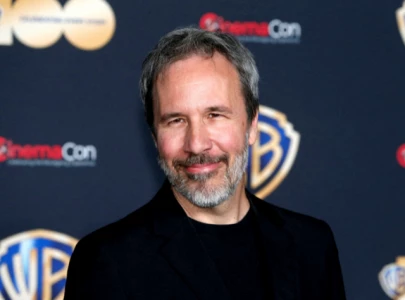
1732745394-0/Diddy-(4)1732745394-0-165x106.webp)



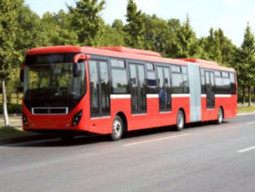
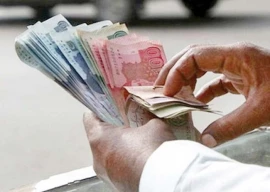
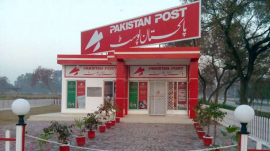

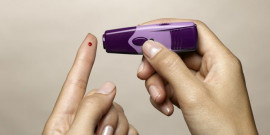
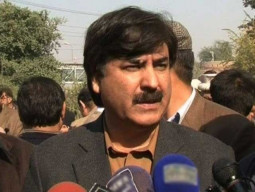






COMMENTS
Comments are moderated and generally will be posted if they are on-topic and not abusive.
For more information, please see our Comments FAQ